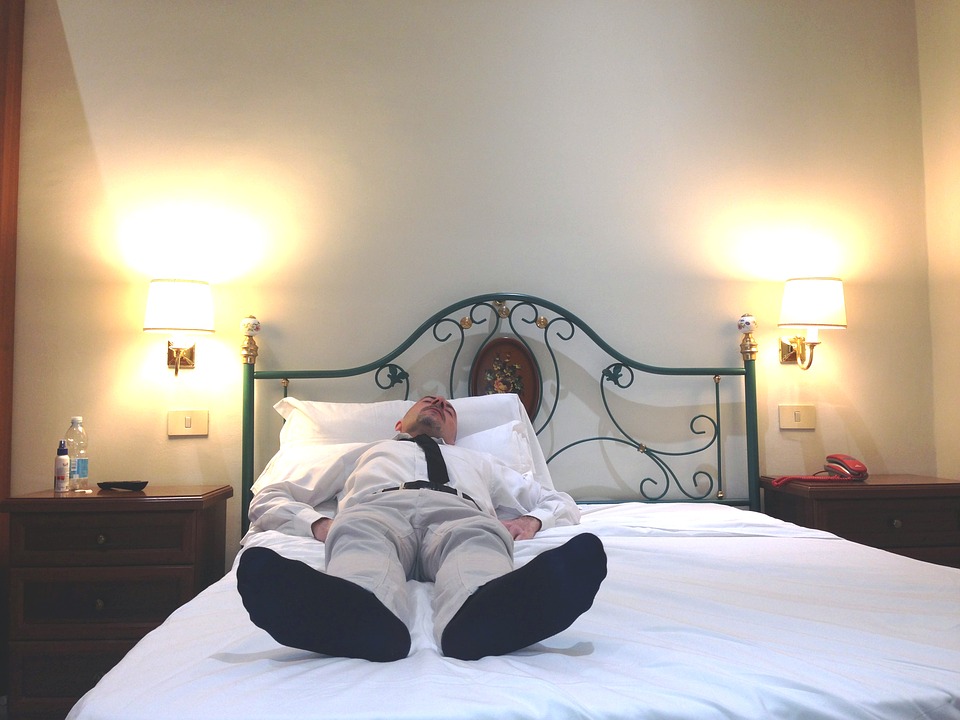Treatments for CFS/ME aim to help relieve your symptoms.
Your treatment will be tailored to your symptoms. Early diagnosis, taking medication to control certain symptoms, and making lifestyle changes can all help.
CFS/ME can last a long time, but most people’s symptoms will improve with time.
Some people make a full recovery and can return to their previous activities. Others continue to have symptoms or periods when their symptoms get worse.
Treatment plans for CFS/ME
There’s no single way of managing CFS/ME that works for everyone, but there are a number of treatment options.
The National Institute for Health and Care Excellence (NICE) says you should be offered a treatment plan tailored to your symptoms.
Your doctor should discuss all of the options with you, and explain the benefits and risks of any treatment.
They should work with you to develop a treatment plan that suits you and takes into account your circumstances and preferences.
You may need advice about making lifestyle changes, specialist treatments, or a combination of both.
If your symptoms are severe, your doctor should ask a specialist for advice.
Your treatment plan should be reviewed regularly.
Specialist treatments
There are a number of specialist treatments for CFS/ME.
Cognitive behavioural therapy (CBT)
If you have mild or moderate CFS/ME, you should be offered cognitive behavioural therapy (CBT).
CBT is a talking treatment that can help you manage CFS/ME by changing the way you think and behave.
It can help you to:
accept your diagnosis
feel more in control of your symptoms
challenge feelings that could prevent your symptoms improving
gain a better understanding of how your behaviour can affect the condition
Your CBT therapist will ideally have experience of dealing with CFS/ME and treatment will be offered on a one-to-one basis.
Using CBT doesn’t mean CFS/ME is considered to be a psychological condition. It’s used to treat a variety of long-term conditions.
Graded exercise therapy (GET)
Graded exercise therapy (GET) is a structured exercise programme that aims to gradually increase how long you can carry out a physical activity.
It usually involves exercise that raises your heart rate, such as swimming or walking. Your exercise programme will be adapted to your physical capabilities.
GET should only be carried out with the help of a trained specialist with experience of treating CFS/ME and, if possible, it should be offered on a one-to-one basis.
After finding out what you can already do comfortably, the length of time you exercise and the intensity will gradually be increased.
As part of your exercise programme, you and your therapist will set goals, such as walking to the shops or doing some gardening. It may take weeks, months or even years for you to achieve these goals, but it’s important not to try to do too much too soon.
Activity management
Activity management involves setting individual goals and gradually increasing your activity levels.
You may be asked to keep a diary of your current activity and rest periods to establish your baseline. Activities can then be gradually increased in a way you find manageable.
Medication
There’s no specific medication for treating CFS/ME, but medication can be used to relieve some of the symptoms.
Over-the-counter painkillers can help ease headaches, as well as muscle and joint pain. Your GP can prescribe stronger painkillers, although they should only be used on a short-term basis.
You may be referred to a pain management clinic if you have long-term pain.
Antidepressants can be useful for people with CFS/ME who are in pain or having trouble sleeping. Amitriptyline is a low-dose tricyclic antidepressant that may be prescribed to help ease muscle pain.
NICE has more information and advice about specialist CFS/ME care.
Lifestyle changes
As well as specialist treatments for CFS/ME, making lifestyle changes can also help.
Diet and supplements
It’s important you eat regularly and have a healthy, balanced diet. You should be offered practical advice about how to achieve this if, for example, your CFS/ME symptoms are making it difficult for you to shop or prepare food.
If you feel sick (nauseous), eating starchy foods, eating little and often, and sipping drinks slowly may help. If this doesn’t work, medication can be prescribed.
Diets that exclude certain food types aren’t recommended for people with CFS/ME. There’s also insufficient evidence to recommend supplements, such as vitamin B12, vitamin C, magnesium, or co-enzyme Q10.
Sleep, rest and relaxation
You may have sleep problems that make your CFS/ME symptoms worse. For example, you may:
have problems getting to sleep
have unrefreshing or restless sleep
need an excessive amount of sleep
sleep during the day and be awake at night
You should be given advice about how to establish a normal sleeping pattern. Having too much sleep doesn’t usually improve the symptoms of CFS/ME, and sleeping during the day can stop you sleeping at night.
You should change your sleep pattern gradually, and your doctor should review how it’s going regularly. If your sleep doesn’t improve after making changes, you may have an underlying sleep problem that will need to be addressed.
It’s likely you’ll need to rest during the day, and your doctor should advise you about the best way to do this. For example, they may suggest limiting each rest period to 30 minutes and teach you relaxation techniques, such as breathing exercises.
If you have severe CFS/ME and need to spend much of your time in bed, it can cause problems, including pressure sores and blood clots. These problems, and how to avoid them, should be explained to you and your carers.
Other lifestyle changes to manage CFS/ME
Other ways to manage CFS/ME include:
equipment – some people may need a blue badge for parking, a wheelchair, a stairlift, or other adaptations for their home
changes in your place of work or study – when you’re ready and well enough to return to work or studies, your doctor should be able to advise you on changes that could ease your return
There’s limited or no evidence to recommend:
pacing – this is a technique that many people with CFS/ME find helpful for managing their symptoms; the general aim is to balance rest and activity to avoid making your fatigue and other symptoms worse, but there hasn’t been enough research into pacing to confirm whether it improves CFS/ME or has any risks
resting completely – there’s no evidence this helps
complementary medicine – there isn’t enough evidence that it’s helpful for CFS/ME
You shouldn’t take up vigorous unsupervised exercise such as going to the gym or for a run as this may make your symptoms worse.
NICE has more information on managing CFS/ME
Setbacks or relapses
A setback or relapse is when your symptoms get worse for a period of time.
They’re a common part of CFS/ME and can be caused by a number of factors, such as an infection or an unplanned activity. Sometimes there’s no clear cause.
The doctors treating you can help you manage a setback or relapse by:
including more breaks with your current levels of activities
teaching you relaxation and breathing techniques
encouraging you to be optimistic about your recovery
NICE has more information and advice about managing setbacks and relapses.




![Are You Wasting Your Energy? // Chronic Illness Life [CC]](https://patienttalk.org/wp-content/uploads/2017/11/Are-You-Wasting-Your-Energy.jpg)